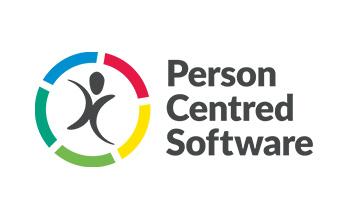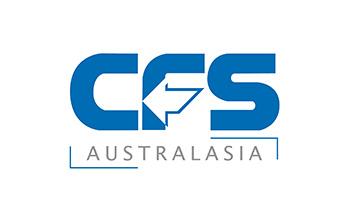Background and Aims
The digital health boom has not yet been maximised for the workflow of gerontological nursing care. The current lack of data frameworks impedes the delivery of high‐quality care across the continuum of aged, acute, and community care sectors and results in duplication, inadequate capture of patient acuity, inadequate access to key information, and paralysis of system developers (Dendere et al., 2023). This impacts most on nurses, whose effectiveness is diluted when spread too thinly between information gathering, documentation duplication and care worker supervision. Data collection should be designed in relation to nursing workflow in order to be collected once and used many times. As per international nursing guidelines, this data can then inform real‐time resident needs assessment as well as nursing workload measurement, to guide nurse staffing and health service management (International Council of Nurses, 2018). This project aimed to: develop a nursing-theory based gerontological nursing domain data standard (NDSS) to support nurse care triaging; co-design and simulation test a digital alert dashboard (ACED-IT) for residential aged care; and qualitatively evaluate the NDSS and ACED-IT Dashboard.
What We Did
This study used established nursing knowledge frameworks and empirically tested with gerontological nurses, managers and care workers to create ‘nursing data domain standards’ which can be used as minimum requirements for all software providers supporting residential care. Until now there has not been any guiding framework based in the specialisation of nursing, despite nursing decision making being crucial in preventing harm and escalating care. This study also developed and tested a digital alert dashboard, ACED-IT, that draws data from existing collections to support care escalation from Assistant in Nursing to Registered Nurses (RNs) and support RNs in conducting within-facility triaging of residents to enable early intervention of potentially preventable complications in residential care settings.
Outcomes
The qualitative findings from the participatory action research identified:
- What participants valued about NDSS and ACED-IT for quality resident care
- Examples of adverse events ACED-IT could prevent or minimise
- ACED-IT potential to support management compliance with clinical care standards
- Key changes nurses, managers and care workers recommended for NDSS and ACED-IT
- What participants articulated as the caveats for ACED-IT to be successful (e.g. flags to disappear once actioned, duplication should not occur, and that it does actually save nurses time).
Impact on Aged Care and Workforce
ACED-IT can be claimed to be a user-friendly system capable of effectively leveraging this collection of data to facilitate informed decision-making and actions, thereby improving harm prevention. This study can improve the ability of data collected to be used by clinical leaders in residential aged care, the nurses, in a contemporaneous and person-focussed manner.
Resources Developed
The NDDS and ACED-IT will be published in a peer reviewed journal article and available from the CI.
Next Steps
The next stage for this project, if funded, is to create a semi-automated data query retrieval system for delayed shift level reporting of key indicators, followed by a realisation of a fully ultra-live real-time system.
Why might people use these tools?
- Aged care organisations and nurses can review and apply the ‘nursing domain data standards (NDSS)’ to their current (or future) digital systems, and provide feedback/requests to their digital partners, to improve the evidence-base and nursing relevance of their systems to better meet their resident care needs.
- Software developers can immediately apply the ‘nursing domain data standards (NDSS)’ to their systems to confirm, or improve, whether they meet current best practice considerations in nursing care.
- Software developers can invest in further development and trials of the digital alert dashboard ‘Aged Care Enabling Dashboard and Information Tool (ACED-IT)’ to improve effectiveness and efficiency in supporting nursing decision making and workflow to enable within-facility triaging of residents to enable early intervention of potentially preventable complications in aged care.
Contact for additional information
Kasia.bail@canberra.edu.au; desmond.mcguirk@cfs-australasia.com; ceo@valleyview.org.au;



